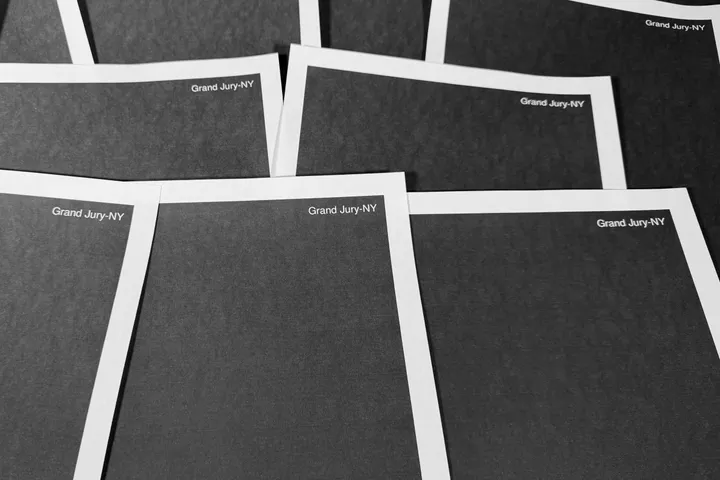As the UN war crimes court prepares to wrap up its work with a verdict in the landmark genocide trial of former Bosnian Serb military chief Ratko Mladic, deep divisions persist in the Balkans over the tribunal's role in delivering justice and paving the way for reconciliation in the war-torn region of Europe.
Mladic's trial is the last major case for the Netherlands-based tribunal for former Yugoslavia, which was set up in 1993 to prosecute those most responsible for the worst carnage in Europe since World War II.
More than 20 years on, however, the nations in the region are still led by nationalist politicians and remain divided deeply along ethnic lines.
Known as the "Butcher of Bosnia," Mladic was charged with 11 counts of genocide and war crimes for the war's worst atrocities, including the 1995 slaughter by his troops of some 8,000 Muslim men and boys in Srebrenica, or the three-year siege of the Bosnian capital Sarajevo.
The 75-year-old former general, who insists he is innocent, faces a maximum life sentence if convicted.
TRT World'sFrancis Collings has more from Sarajevo.
Ethnic divide
Most Muslim Bosniaks in Bosnia believe Mladic deserves to spend the rest of his days in prison.
Among them is Ramiza Burzic, who lost her two sons in the Srebrenica massacre and so far has found just partial remains of one of them.
"I expect that he will be sentenced to life in prison, so that all his progeny will know what kind of a man he was and what he did," said Burzic.
"We might get justice if he is sentenced to life in prison, but we'll never find solace," said Hajra Catic who lost a son, her husband and 20 other male relatives in the massacre.
Catic, now 70, is still searching for the remains of her son.
This ethnic divide is also reflected in how various ethnic groups judge the tribunal's legacy — Serbs, who account for the bulk of the tribunal indictments, view the court as highly biased, while the other ethnic groups in the former Yugoslavia generally harbour a more positive stance.
"I don't think the tribunal has helped reconciliation, but rather has contributed to further worsening of the situation," Serbia's Prime Minister Ana Brnabic said recently.
"No one can say that the Hague tribunal has been objective toward all sides in the conflict of the 1990s."
"Whatever the verdict... Ratko Mladic remains a legend of the Serbian people," said Milorad Dodik, president of Republika Srpska, the autonomous Bosnian Serb half of the country.
"He's the man who put his professional and human capacities at the service of the defence of the Serbian people and their freedom," he was quoted as saying by regional television station N1.
Milestone verdict
Chief UN War Crimes Prosecutor Serge Brammertz said that "every time a judgment is coming out in The Hague, one group will be very pleased and the other one very unhappy."
"Those reactions show much more that the underlying reasons of the conflict are still very much there," Brammertz said.
The long-awaited Mladic verdict is seen as a milestone in the efforts to bring the main actors to justice.
The tribunal failed to reach a final ruling in the case of Slobodan Milosevic, the former Serbian president widely regarded as the driving force behind the violent breakup of Yugoslavia, who died in his prison cell in 2006 before the end of his trial.
However, the court has so far indicted 161 people of different Balkan nationalities and sent dozens of war criminals to jail — ranging from top leaders to low-ranking soldiers.
It has established evidence of large-scale atrocities against civilians such as murder, enslavement, expulsion, torture or rape.
























